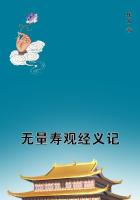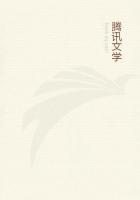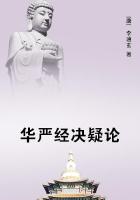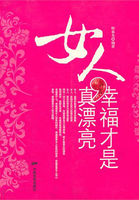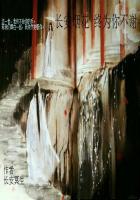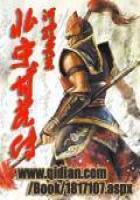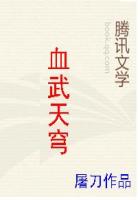"Among" (Hume's) "views on the rate of interest we must particularly draw attention to the idea that it is the true barometer of conditions"(conditions of what?) "and that its lowness is an almost infallible sign of the prosperity of a nation" (p. 130).
Who is the "prejudiced" and captivated "commentator" who says this? None other than Herr Dühring.
What arouses the naive astonishment of our critical historian is the fact that Hume, in connection with some felicitous idea or other, "does not even claim to have originated it" {131}. This would certainly not have happened to Herr Dühring.
We have seen how Hume confuses every increase of the precious metals with such an increase as is accompanied by a depreciation, a revolution in their own value, hence, in the measure of value of commodities. This confusion was inevitable with Hume because he had not the slightest understanding of the function of the precious metals as the measure of value. And he could not have it, because he had absolutely no knowledge of value itself. The word itself is to be found perhaps only once in his essays, namely, in the passage where, in attempting to "correct" Locke's erroneous notion that the precious metals had "only an imaginary value", he makes it even worse by saying that they had "merely a fictitious value".
In this he is much inferior not only to Petty but to many of his English contemporaries. He shows the same "backwardness" in still proclaiming the old-fashioned notion that the "merchant" is the mainspring of production -- an idea which Petty had long passed beyond. As for Herr Dühring's assurance that in his essays Hume concerned himself with the "chief economic relationships" {121}, if the reader only compares Cantillon's work quoted by Adam Smith (which appeared the same year as Hume's essays, 1752, but many years after its author's death), [97] he will be surprised at the narrow range of Hume's economic writings. Hume, as we have said, in spite of the letters-patent issued to him by Herr Dühring, is nevertheless quite a respectable figure also in the field of political economy, but in this field he is anything but an original investigator, and even less an epoch-making one. The influence of his economic essays on the educated circles of his day was due not merely to his excellent presentation, but principally to the fact that the essays were a progressive and optimistic glorification of industry and trade, which were then flourishing -- in other words, of the capitalist society which at that time was rapidly rising in England, and whose "approval" they therefore had to gain. Let one instance suffice here. Everyone knows the passionate fight that the masses of the English people were waging, just in Hume's day, against the system of indirect taxes which was being regularly exploited by the notorious Sir Robert Walpole for the relief of the landlords and of the rich in general.
In his essay Of Taxes , in which, without mentioning his name, Hume polemises against his indispensable authority Vanderlint -- the stoutest opponent of indirect taxation and the most determined advocate of a land tax -- we read:
"They" (taxes on consumption) "must be very heavy taxes, indeed, and very injudiciously levied, which the artisan will not, of himself, be enabled to pay, by superior industry and frugality, without raising the price of his labour ."It is almost as if Robert Walpole himself were speaking, especially if we also take into consideration the passage in the essay on "public credit"in which, referring to the difficulty of taxing the state's creditors, the following is said:
"The diminution of their revenue would not be disguised under the appearance of a branch of excise or customs."As might have been expected of a Scotchman, Hume's admiration of bourgeois acquisitiveness was by no means purely platonic. Starting as a poor man, he worked himself up to a very substantial annual income of many thousands of pounds; which Herr Dühring (as he is here not dealing with Petty)tactfully expresses in this way:
"Possessed of very small means to start with he succeeded, by good domestic economy , in reaching the position of not having to write to please anyone" {134}.
Herr Dühring further says:
"He had never made the slightest concession to the influence of parties, princes or universities" {134}.
There is no evidence that Hume ever entered into a literary partnership with a "Wagener", [98] but it is well known that he was an indefatigable partisan of the Whig oligarchy, which thought highly of " Church and state", and that in reward for these services he was given first a secretaryship in the Embassy in Paris and subsequently the incomparably more important and better-paid post of an Under-Secretary of State.
"In politics Hume was and always remained conservative and strongly monarchist in his views. For this reason he was never so bitterly denounced for heresy as Gibbon by the supporters of the established church,"says old Schlosser.
"This selfish Hume, this lying historian" reproaches the English monks with being fat, having neither wife nor family and living by begging; "but he himself never had a family or a wife, and was a great, fat fellow, fed, in considerable part, out of public money, without having merited it by any real public services" -- this is what the "rude" plebeian Cobbett says.
Hume was "in essential respects greatly superior to a Kant in the practical management of life" {122}, is what Herr Dühring says.
But why is Hume given such an exaggerated position in Kritische Geschichte? Simply because this "serious and subtle thinker" {121}
has the honour of enacting the Dühring of the eighteenth century.

